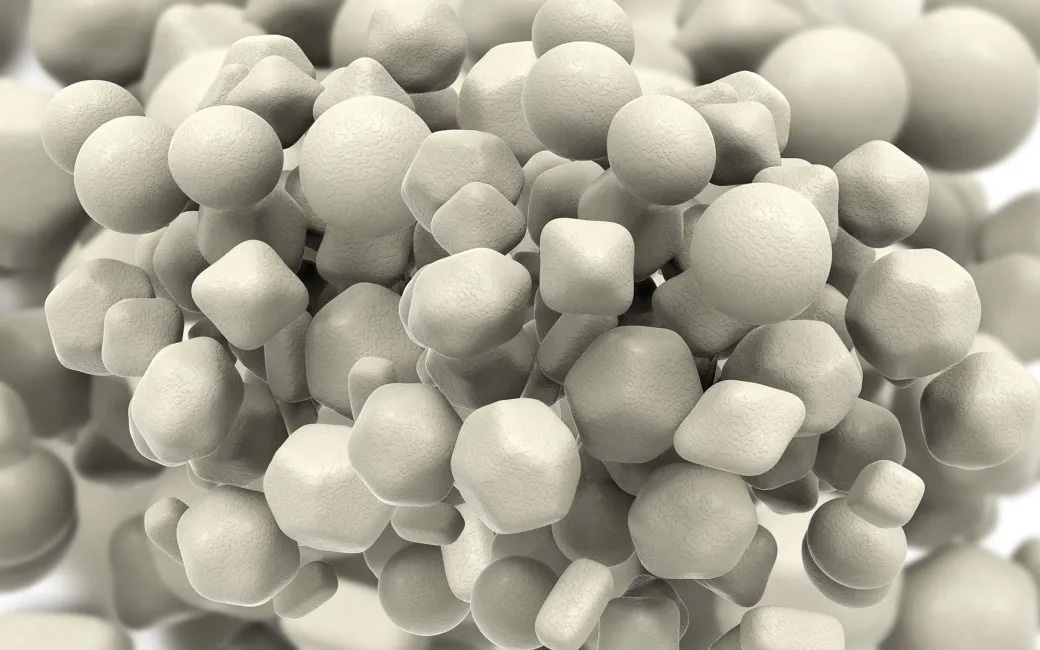Reviewed by Danielle Ellis, B.Sc.May 22 2023
Scientists at the University of Helsinki have revealed a molecular epigenetic mechanism prevalent in several species throughout the tree of life, which modulates long-term cellular responses to particulate matter like air pollution.
 Nanoparticles. Image Credit: Mostphotos
Nanoparticles. Image Credit: Mostphotos
The epigenetic response is present in numerous organisms and is common to many forms of particulate exposure.
Our research offers a promising step towards a more comprehensive understanding of the impacts of particulate matter, including viruses, on biological systems and the environment, while contributing to the development of faster and more reliable toxicity tests which are closer to planetary health models.”
Dario Greco, Professor, University of Helsinki
Predicting the Long-Term Effects of Nanomaterial Exposure
It is generally understood that environmental factors contribute to disease vulnerability by influencing the epigenome.
We discovered a novel epigenetic mechanism underlying the response to nanoparticulate exposure in multiple organisms. Our discovery offers a novel way to study long-term responses of cells, tissues, and entire organisms to many particulate exposures.”
Dario Greco, Professor, University of Helsinki
The idea that nanoparticles can epigenetically re-program biological systems adds another dimension to evaluating their influence on health and the environment.
“In this sense, our results highlight the need to correctly identify chronic effects of nanoparticles’ intentional and unintentional exposure, with possibly important epidemiological implications,” details Greco.
One Step Closer to Planetary Health
Greco’s research team discovered that a wide range of species across the Tree of Life respond to particulate exposure by triggering molecular regulations controlled by an ancestral epigenetic mechanism seen in non-specialized cells and simpler organisms.
According to Greco, this is a significant step toward bridging the scientific divide that has previously concentrated on either the human or environmental aspects of engineered nanomaterials production. Greco’s new discovery acknowledges the connection and interdependence of human, animal, and environmental health, leading to a planetary health model.
Assessing Biological Responses to Nanomaterials Requires Faster and More Reliable Methods
Nanoparticles have unique features that distinguish them from other chemicals due to their size and composition.
Toxicologists must currently test each nanomaterial individually to assess its health and environmental effects, but the available tests are species-specific and primarily focus on acute responses. With the increasing use and exposure to nanoparticles in everyday life, faster and more reliable approaches for assessing their potential toxicity across numerous species and determining the long-term repercussions are required.
Our research helps to fill this gap in the field, paving the way for a new generation of tests that can simultaneously investigate the impact of nanoparticles across species, contributing to the reduction of animal experimentation and streamlining the process to multiple engineered nanomaterials with disparate physicochemical characteristics.”
Dario Greco, Professor, University of Helsinki
Source:
Journal reference:
del Giudice, G., et al. (2023). An ancestral molecular response to nanomaterial particulates. Nature Nanotechnology. doi.org/10.1038/s41565-023-01393-4.